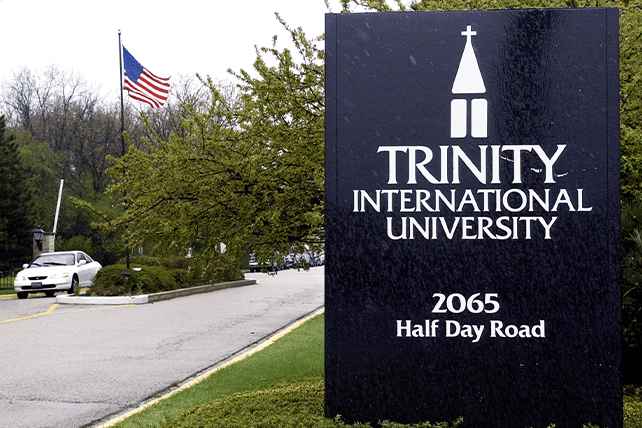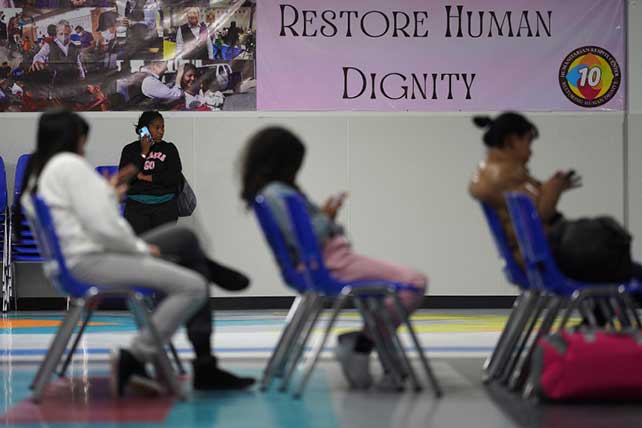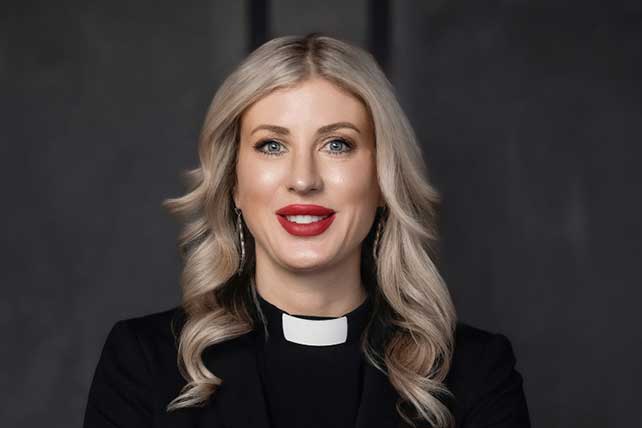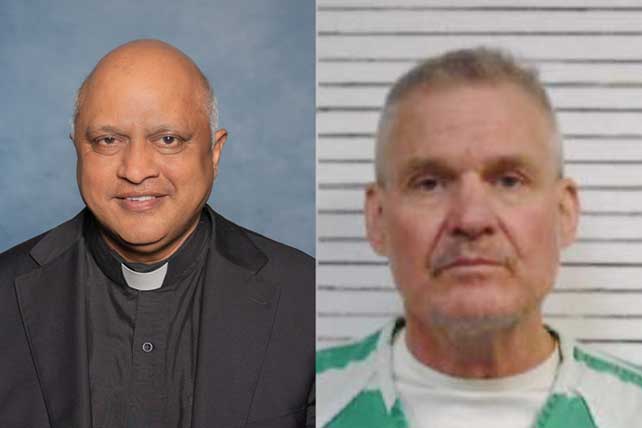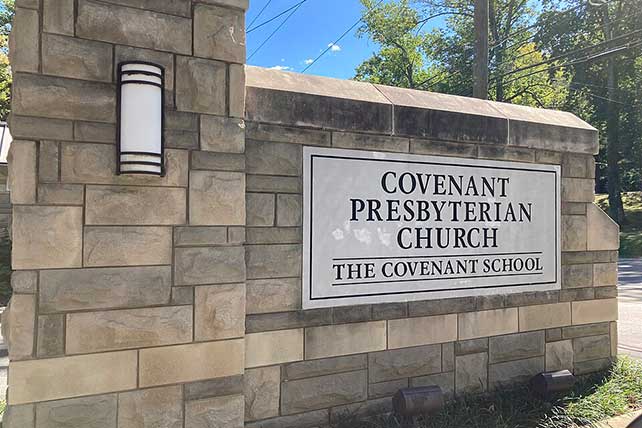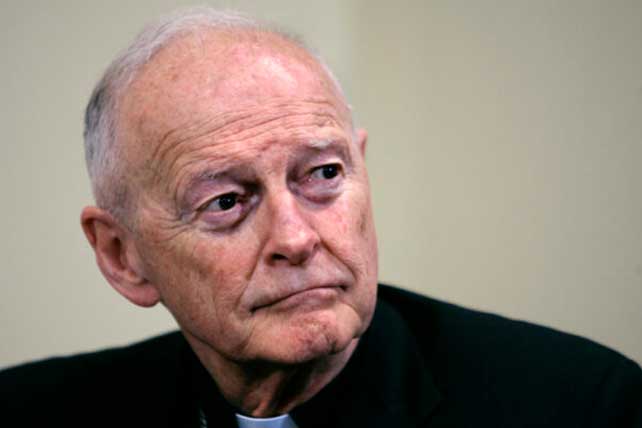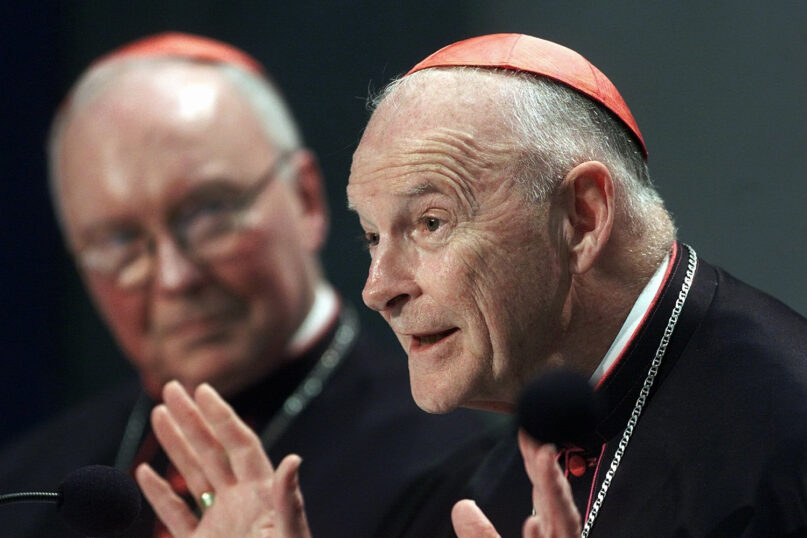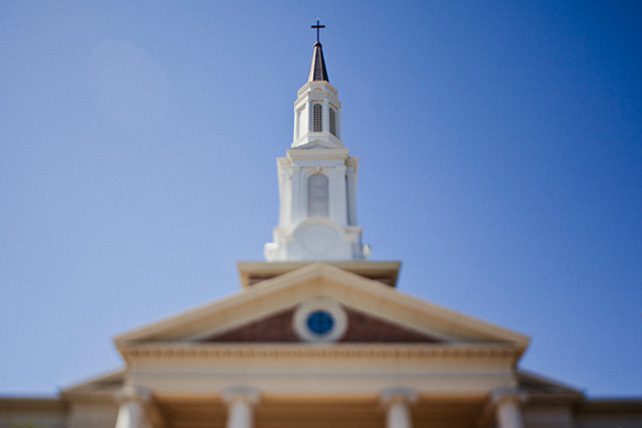The news of Trinity Evangelical Divinity School’s plan to leave Chicagoland and to merge with Trinity Western University in Canada marks a watershed moment in theological education. It would be difficult to overstate the significance of this move, for many TEDS has been a symbol of evangelical identity and theology for generations.
At its core, this shift reflects the reality that theological education is in a moment of seismic change. More accurately, in many cases this change is simply outright decline. As I noted in a recent article on the Association of Theological Schools report, many larger theological educational institutions have declined substantially. Beyond Trinity, other historic institutions central to the neo-evangelical movement are struggling.
This degree of uncertainty should be a call to reconsider the nature and mechanisms of theological education. As old strategies struggle and sometimes fail, I want to offer a few thoughts church, ministry, and educational leaders should weigh as we look to remaking of theological education in the 21st century.
1. Shifting Modalities of Theological Education
Seminaries need to be faithful and fruitful, being just one is not enough. A loss of biblical faithfulness is tragic, historically frequent, and almost always leads to decline. Yet we cannot escape the reality that fruitfulness matters, and it can be seemingly impossible in times of disruption.
It should be concerning that simply remaining orthodox has not proven enough for schools to flourish. These schools thrived with models of theological education that made sense at the time. But over time, as culture has shifted, these models have made increasingly less sense.
For example, where extension campuses once were common for larger schools, the internet democratized and decentralized education making locations less important. Now expensive to maintain with diminishing interest, extension campuses have closed across the country.
Other institutions proved adept at playing the role of disruptor, such as Liberty University, which, as I mentioned in my recent article, houses the largest theological seminary in the world. While almost all theological schools now offer online theological education (as with Talbot, you can do almost all of our degrees fully online), schools like Liberty and Grand Canyon University created nimble systems that were easy to engage.
Today, after the disruption, almost all seminaries offer robust online degrees. For Talbot (and others), the question is about the type of online education we want to offer. There is a something of a “race to the bottom” happening in education—who will make online the cheapest and most accessible. While I understand the impulse, we’ve chosen not to join that race. Instead, we will offer a world-class education whether it is in person, through modular classes, or online—not handing off our students to whoever can moderate an online forum, but offering high-quality interaction through each modality.
2. Changing Practices Lead to Changes at Seminaries
Second, changing church practices overwhelmed many theological institutions. In previous generations, churches and denominations expected to send off future pastors to seminary for three years to earn a required Master of Divinity degree. Such requirements are rare today—and we can see the impact of this change on campuses and programs.
Seminaries have experienced a massive shift, as most students are now online and schools are adjusting—including their facility usage. For example, Fuller’s recent master plan reveals a process of selling a large portion of property, the majority of their campus.
During the pandemic, Portland Seminary went completely online, and—as part of George Fox University—their space could be transitioned to university use. Or consider several SBC seminaries—some of which publicly insisted they would never offer online classes, but now heavily advertise that they do—that now have undergraduate institutions which fill otherwise underused spaces.
In addition, some schools like Dallas Seminary and Asbury Seminary have maintained a robust on-campus presence, but also launched online (or hybrid) programs. At Talbot, we’ve observed a robust interest in both online and residential theological education, and are now launching more hybrid modular programs. (I was surprised to learn how many students were residential at Talbot, which is probably driven by the draw of our faculty and our location near a world-class city like Los Angeles.)

